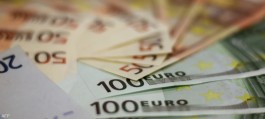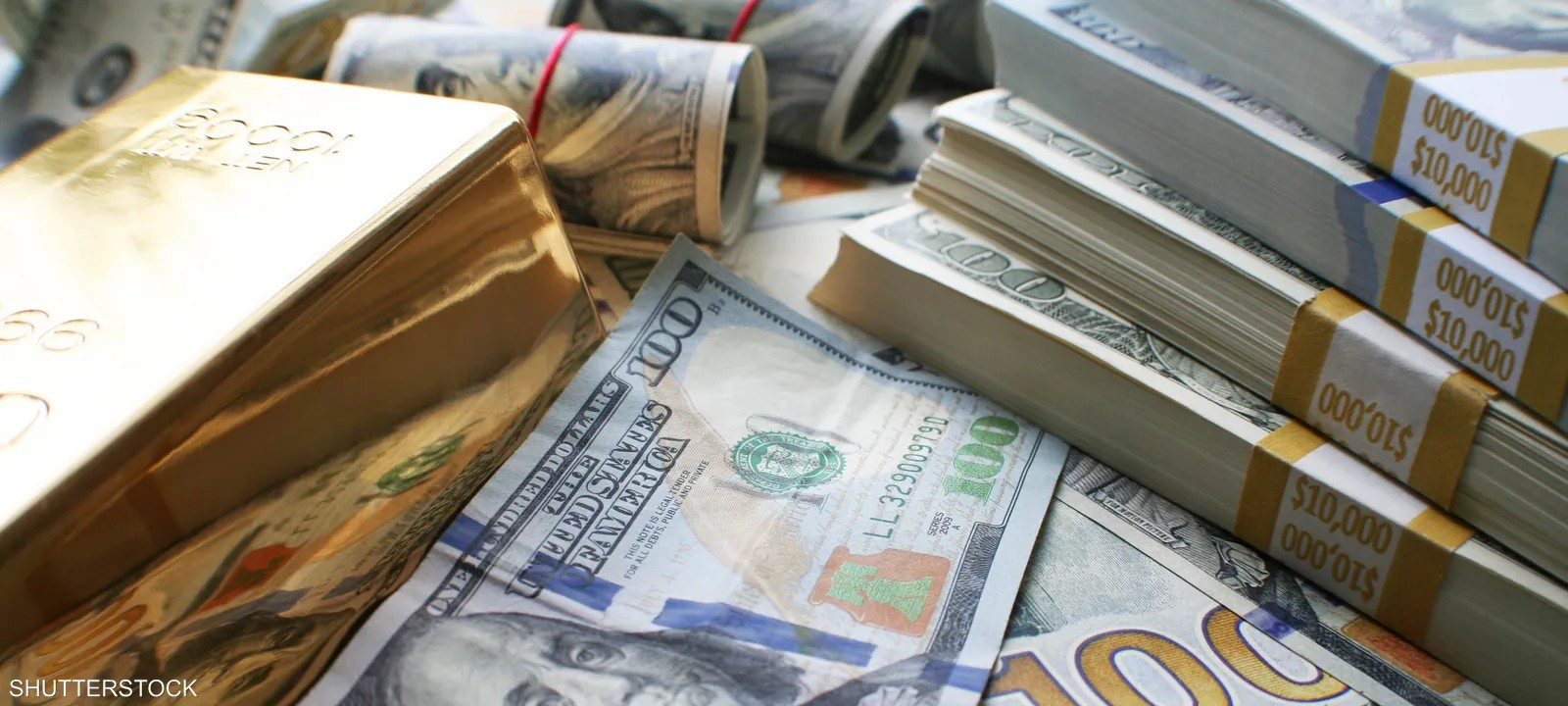The Japanese yen fell to its lowest level in nearly two months and other major currencies suffered losses in early trading on Monday, as the dollar continued a rally sparked by strong U.S. jobs data on Friday and escalating conflict in the Middle East.
The yen fell to 149.10 yen per dollar, its weakest level since August 16, before paring losses to trade at around 148.40 yen, according to Reuters.
This came after a decline of more than 4% last week, which was the largest weekly decline since early 2009.
The dollar's gains came after a U.S. jobs report showed the biggest jump in jobs in six months in September, a falling unemployment rate and strong wage gains, pointing to a resilient economy and forcing markets to price in less interest rate cuts from the Federal Reserve.
“With interest rate cuts still the default, earnings outlook upbeat and China adopting a tighter fiscal and liquidity tactic, the bull case for stocks and the US dollar is getting a boost,” said Chris Weston, head of research at Australian online broker Pepperstone.
In the latest developments in the Middle East, Israel bombed Hezbollah targets in Lebanon and the Gaza Strip on Sunday, ahead of the first anniversary of the October 7 attacks that sparked the war. The Israeli defense minister also said all options were open to respond to arch-enemy Iran.
Brent crude futures fell 0.4% on Monday, but rose more than 8% last week, the biggest weekly gain since early January 2023.
The dollar index was steady against other major currencies, after rising 0.5% on Friday to a seven-week high, recording gains of more than 2% over the past week, its biggest in two years.
The euro settled at $1.0970, after falling 0.06% at the beginning of the session.
The yen's weakness was also due to comments last week by new Prime Minister Shigeru Ishiba, which raised expectations that an interest rate hike in Japan was now far away.
The yield on the 10-year US Treasury note was at 3.9711%, down slightly from its highest level in two months.
Market expectations have shifted to the extreme for the Fed to cut interest rates by only 25 basis points in November, instead of 50 basis points, in the wake of the jobs data.
Investors have priced in a 98% chance of a quarter-point rate cut, up from 47% a week ago, and a 2% chance of no rate cut at all.
The pound also held steady at around $1.3122, after losing 1.9% last week, its steepest drop since early 2023.
The Bank of England's chief economist Hugh Bell said on Friday that the central bank should move only gradually in cutting interest rates, a day after Governor Andrew Bailey said the BoE may move more aggressively to lower borrowing costs.
The New Zealand dollar rose 0.1 percent to $0.6166, snapping a week-long slide ahead of the Reserve Bank of New Zealand's monetary policy decision on Wednesday.
The central bank is expected to cut interest rates by half a percentage point, continuing the monetary policy easing it began in August to bring interest rates down from 15-year highs.







































